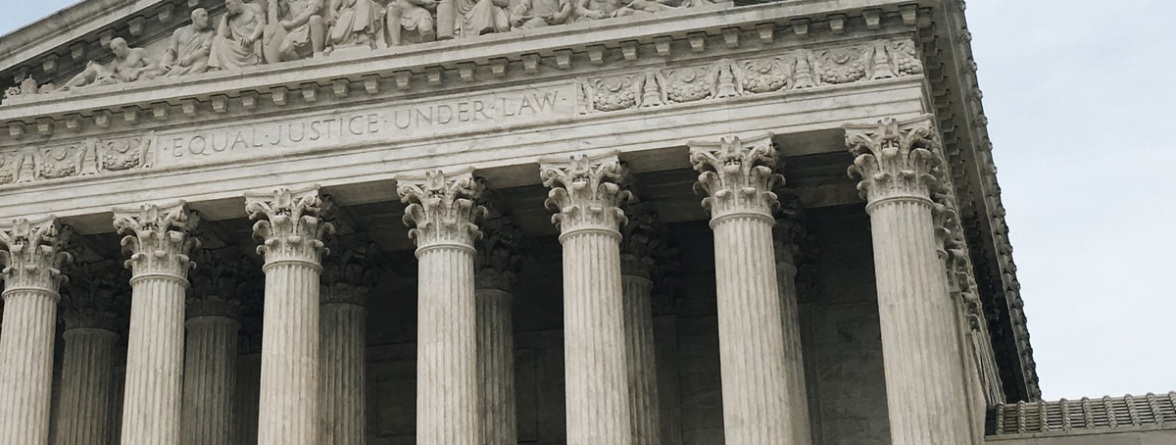The Legacy of Nationwide Gay Marriage
December 23, 2018
It’s no secret that the current administration is lacking in its display of allyship to the LGBT community. For example, the LGBT rights page was taken down from the White House website within hours of inauguration, and the President is currently considering the appointment of judicial nominee Jeff Mateer, known for being openly anti-LGBT.
Though the Gay Family Law Center is concerned about these worrying trends, there is some good news. The fact that the Obergefell v Hodges, the supreme court ruling that legalized gay marriage nationwide, was passed in 2015, means that the LGBT community stands on a much stronger legal foundation than prior to this landmark case.
There are quite a few reasons why the timing of this ruling was important given our current political situation. In this post, we will briefly explore two of those reasons.
The strength of supreme court law
In the United States, there are many ways in which laws are made, and the strength of each law varies accordingly.
The strongest type of law is the Constitution, which can only be changed through constitutional amendment. Amendments are notoriously difficult to achieve, as the process was designed to safeguard the constitution. To even propose an amendment, ⅔ of both houses of congress or ⅔ of state legislatures must put forth the proposal. To ratify one is even harder. Understandably, this has not happened often, with only 27 amendments ratified in the history of the U.S.
However, there are many ways in which the constitution can be interpreted. This is where the Supreme Court of the United States (SCOTUS) plays an important role. To appear before the Supreme Court, a case must make its way up through the entire court system without resolution. At that point, it is the role of SCOTUS to settle disputes as the “guardian and interpreter of the Constitution.” This results in the strongest type of legislation, as the Supreme Court is the “final arbiter of the law.”
The decisions SCOTUS makes have nationwide ramifications and are virtually unchangeable. Their rulings cannot even be overturned by the President or by congress. The court may, however, overturn its own decision in a new ruling later on, but this is uncommon.
Since the right to gay marriage was determined in this way, the LGBT community may rest at ease knowing their marriage rights are here to stay, regardless of the ideologies of current political leadership.
The support of the public
Public support of gay marriage has been steadily increasing since the Gallup poll began measuring public sentiment on the issue in 1997, though there have been a few “road bumps” along the way.
In 2015, the sheer magnitude of Obergefell v Hodges meant that many folks who had not yet openly been allies of the LGBT community had to “pick a side,” so to speak. Fortunately, many more picked the side of support, and that trend continues to this day. For example, in 2013, 54% of the population reported that they are in favor of legal gay marriage, and that number grew to 64% in 2017.
When asked the question “Do you think gay or lesbian relations between consenting adults should be legal or illegal?” Gallup respondents show even higher levels of allyship, with 72% stating it “should be legal” when last measured in 2017.
This certainly doesn’t mean that individuals never change their minds. However, based on the most recent data, it is clear that being in favor of LGBT rights is becoming more deeply embedded in American values. This has also been evident in the continually growing participation of LGBT folks, as well as their allies, in pride parades and other events.
Conclusion
Though it cannot be denied that 2017 has held challenges for the LGBT community, we can find solace in the fact that due in part to the 2015 Obergefell v Hodges ruling, LGBT rights continue to be protected. The legal strength of this ruling, as well as the public support it helped to garner, have proven to be strong foundations in the continued evolution of legislation that impacts LGBT folks.
Are you considering hiring an attorney for your family law needs? Consider the Gay Family Law Center, a firm dedicated to serving the LGBT community in California. Contact us to learn more.
Photo by Anna Sullivan on Unsplash

